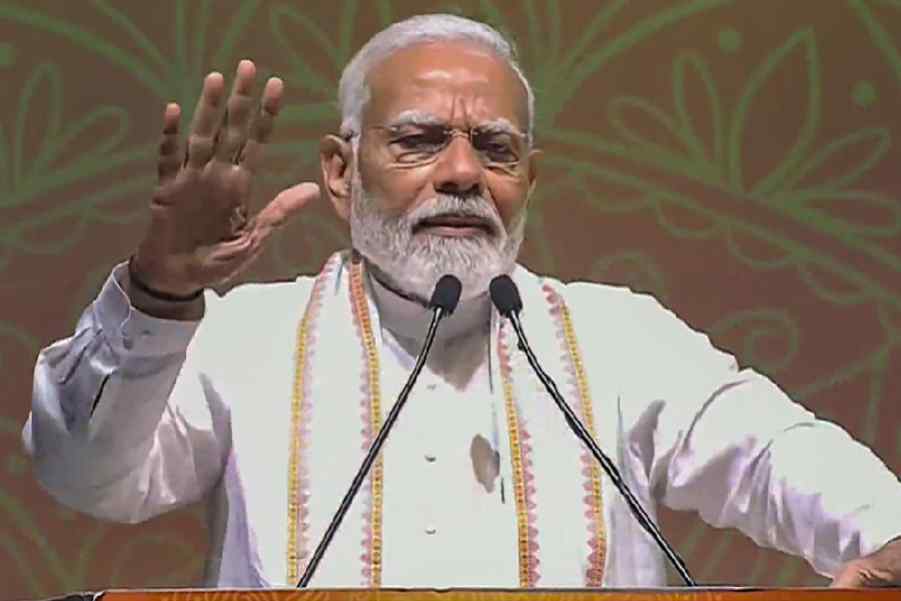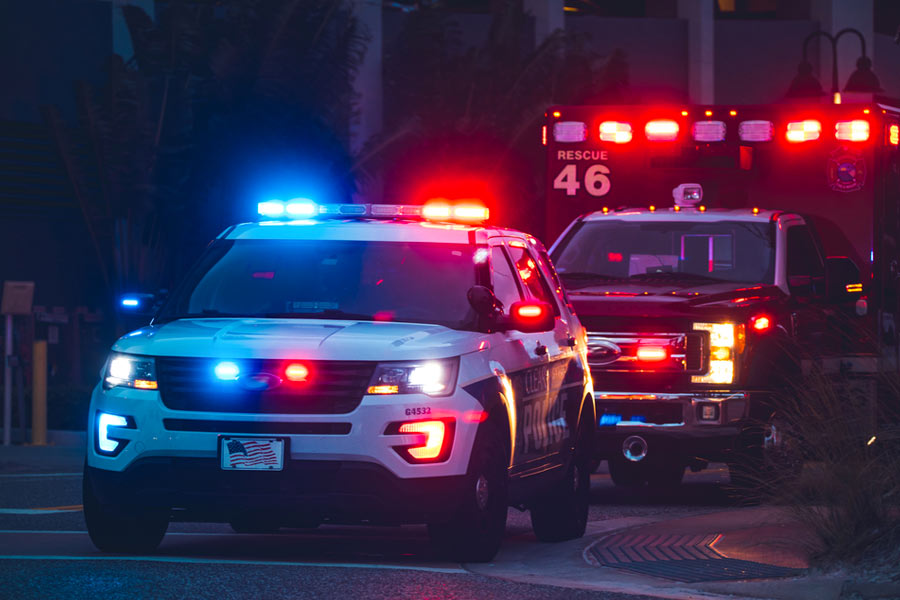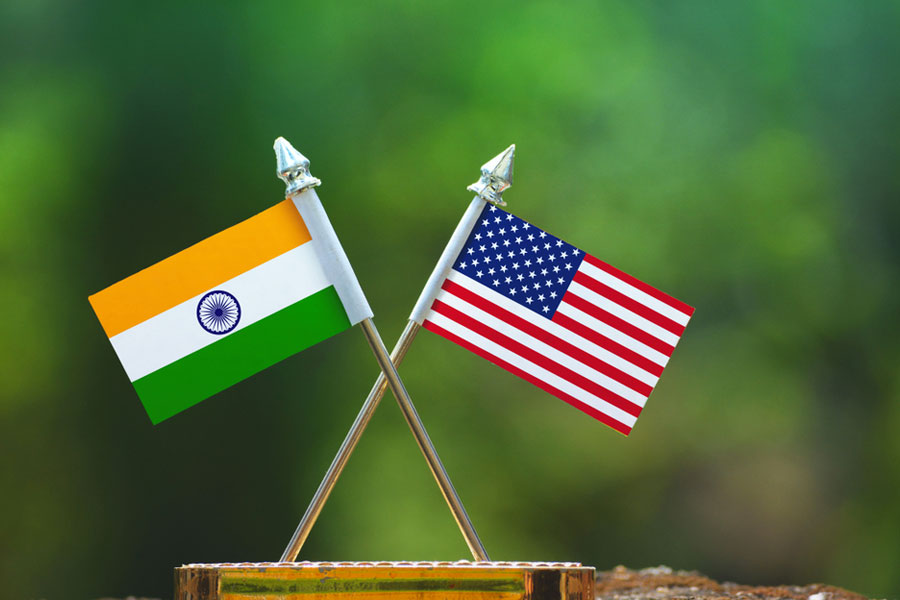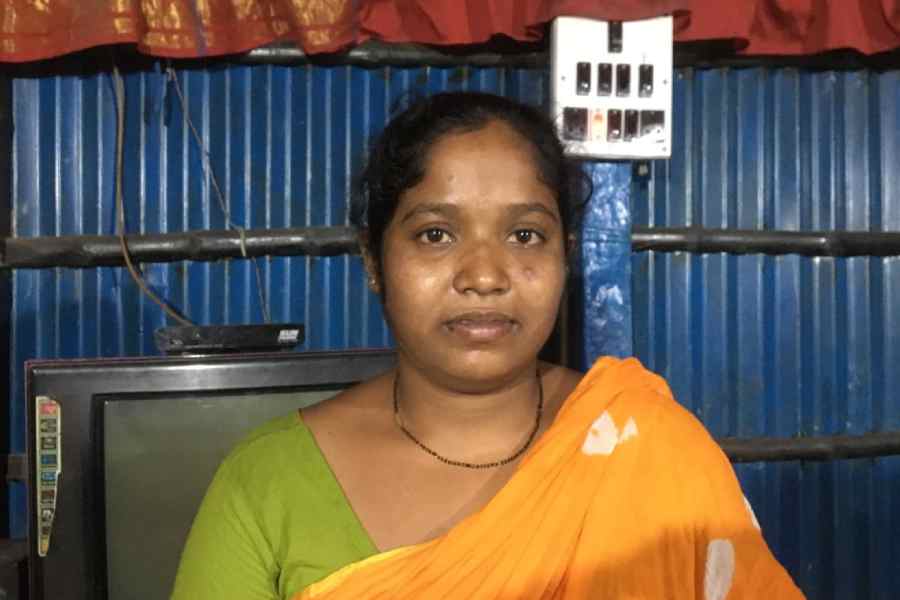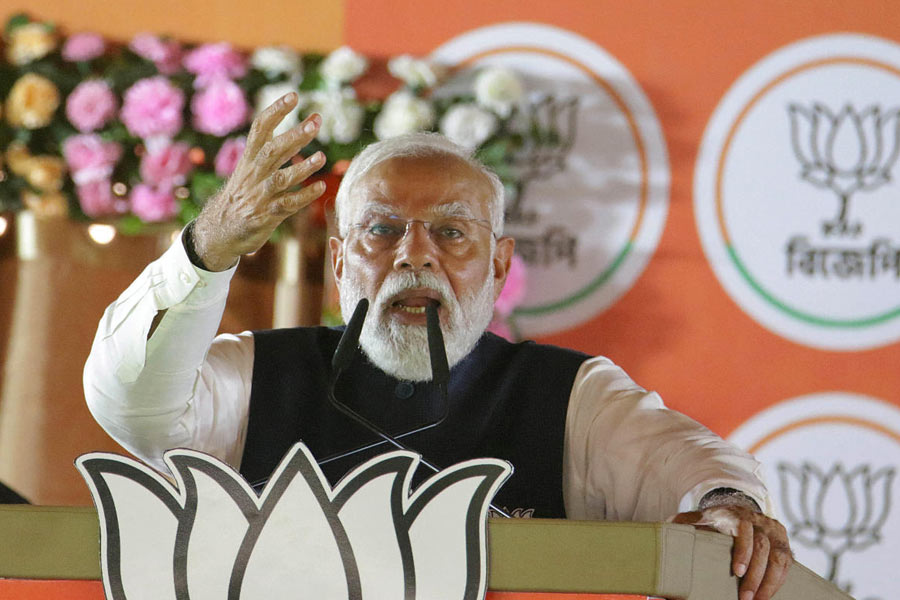A nine-judge Supreme Court bench headed by Chief Justice Ranjan Gogoi on Thursday heard behind closed doors a review petition from a lawyers’ forum that sought the recall of the nine-judge 1993 ruling that led to the collegium system of judicial appointments.
The National Lawyers’ Campaign for Judicial Reforms and Transparency has pleaded for a return to the pre-1993 arrangement, when the central government had the final say on the appointments and transfers of Supreme Court and high court judges.
On Wednesday, former Supreme Court judge Madan B. Lokur had wondered in a newspaper column whether the government was already not calling the shots in judicial appointments.
In the article in The Indian Express newspaper, Justice Lokur cited several instances where the Centre had interfered with the first choices of the Supreme Court collegium and suggested that a judicial commission, which had proposed greater government say in appointments but was struck down by the court, had practically reared its head now.
“It seems to me that the unconstitutional NJAC is rearing its head and is now Frankenstein’s monster. The advice of the two eminent persons postulated by the NJAC is no longer required. Actually, there is now no need to amend the Constitution to bring back the NJAC — it is already in existence with a vengeance. At the present moment, silence on crunch issues is not golden,” Justice Lokur wrote.
The forum’s petition has also urged the nine-judge bench to conduct an open-court hearing, a point that was discussed at Thursday’s hearing.
Review petitions are normally heard inside the closed chambers of judges, without any access provided to lawyers or litigants, although the apex court has on rare occasions made an exception and heard a review plea in an open court.
If the bench agrees that the 1993 judgment was erroneous, it might refer the matter to a larger bench of 11 or 13 judges since a nine-judge bench cannot overrule a judgment by another nine-judge bench.
Under Articles 124 and 217 of the Constitution, the President appoints or transfers Supreme Court and high court judges in “consultation” with the Chief Justice of India.
However, the nine-judge bench of 1993 had ruled that the expression “consultation” here meant “concurrence”, thus transferring the primacy in the matter from the executive to the Chief Justice.
Another nine-judge bench had on a presidential reference considered the matter in 1998. It upheld the 1993 judgment and brought in the system of the five-member collegium, thus according primacy to the Chief Justice and the four other senior-most judges of the Supreme Court.
In 2014, the government sought to give itself a greater say in judges’ appointments by getting a bill enacted to form a National Judicial Appointments Commission that would replace the collegium system. The commission’s members included the Chief Justice and two other senior-most judges as well as the Union law minister and two “eminent persons”.
A five-judge constitution bench, however, struck the legislation down in October 2015 as “unconstitutional”. It said the enactment infringed on the independence of the judiciary and was contrary to the 1993 and 1998 verdicts.
Apart from Justice Gogoi, the current bench includes Justices S.A. Bobde, N.V. Ramana, Arun Mishra, Rohinton F. Nariman, R. Banumathi, U.U. Lalit, A.M. Khanwilkar and Ashok Bhushan.
The petitioning lawyers’ forum is represented by its founder members Mathews J. Nedumpuram and A.C. Philips as well as other advocates.


